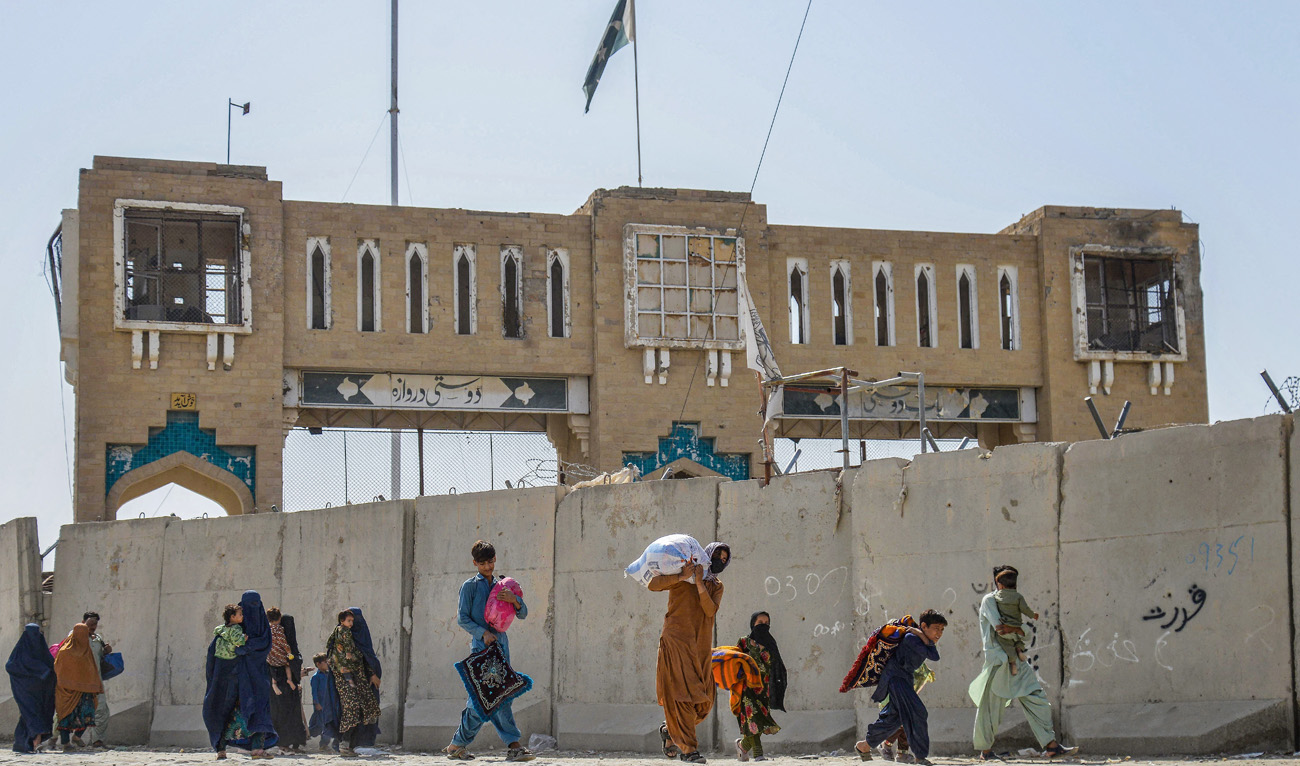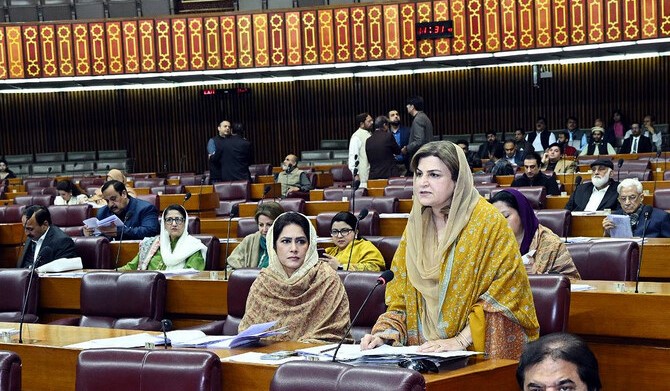ISLAMABAD: Women parliamentarians are emerging as the driving force inside Pakistan’s National Assembly, recording higher attendance and stronger participation than their male counterparts, according to a report by the Free and Fair Election Network (FAFEN).
FAFEN reported that during the National Assembly’s 19th session held from September 1 to 5, 2025, nearly 49% of the 71 women MNAs attended every sitting, compared to 29% of male members. The monitoring body also noted that women lawmakers demonstrated greater procedural discipline by consistently seeking formal leave when absent and maintaining presence during key proceedings.
This trend aligns with FAFEN’s Women Parliamentarians Performance Report 2024-25, released earlier this year, which found women, who make up only 17% of parliament’s total strength, contributed nearly half of the total parliamentary agenda, including legislation, resolutions, questions, and committee work. In the National Assembly alone, women introduced 55% of all agenda items, marking a historic high since 2015-16.
Speaking to Pakistan TV Digital, MNA Alia Kamran of Jamiat Ulema-e-Islam (F) said women legislators have been consistently outperforming in attendance.
“Women’s attendance has long surpassed that of men,” she said.
Kamran explained that while male lawmakers often split time between Islamabad and their constituencies, many women, particularly those on reserved seats, are expected to remain present and actively engaged in parliamentary work.
“Women are contributing their full share to lawmaking. Real parliamentary work is legislation, not fund distribution,” she added.
Former provincial minister Sharmila Farooqui said the growing presence and performance of women is “reshaping what leadership means in Pakistani politics.”
She noted that women are bringing dedication, preparation, and empathy to the legislative process. “Women are showing that thoughtful, well-prepared participation can drive real progress,” she said, adding that their consistency is inspiring younger women and signaling to political parties that women are essential decision-makers.
Senator Seher Kamran highlighted that women’s strong participation challenges traditional leadership structures.
“Women are demonstrating that effective leadership is not tied to gender, but to commitment and insight,” she said, noting that inclusive decision-making is improving the quality of parliamentary debate.
.jpg)
.jpg)
.jpg)
.jpg)


